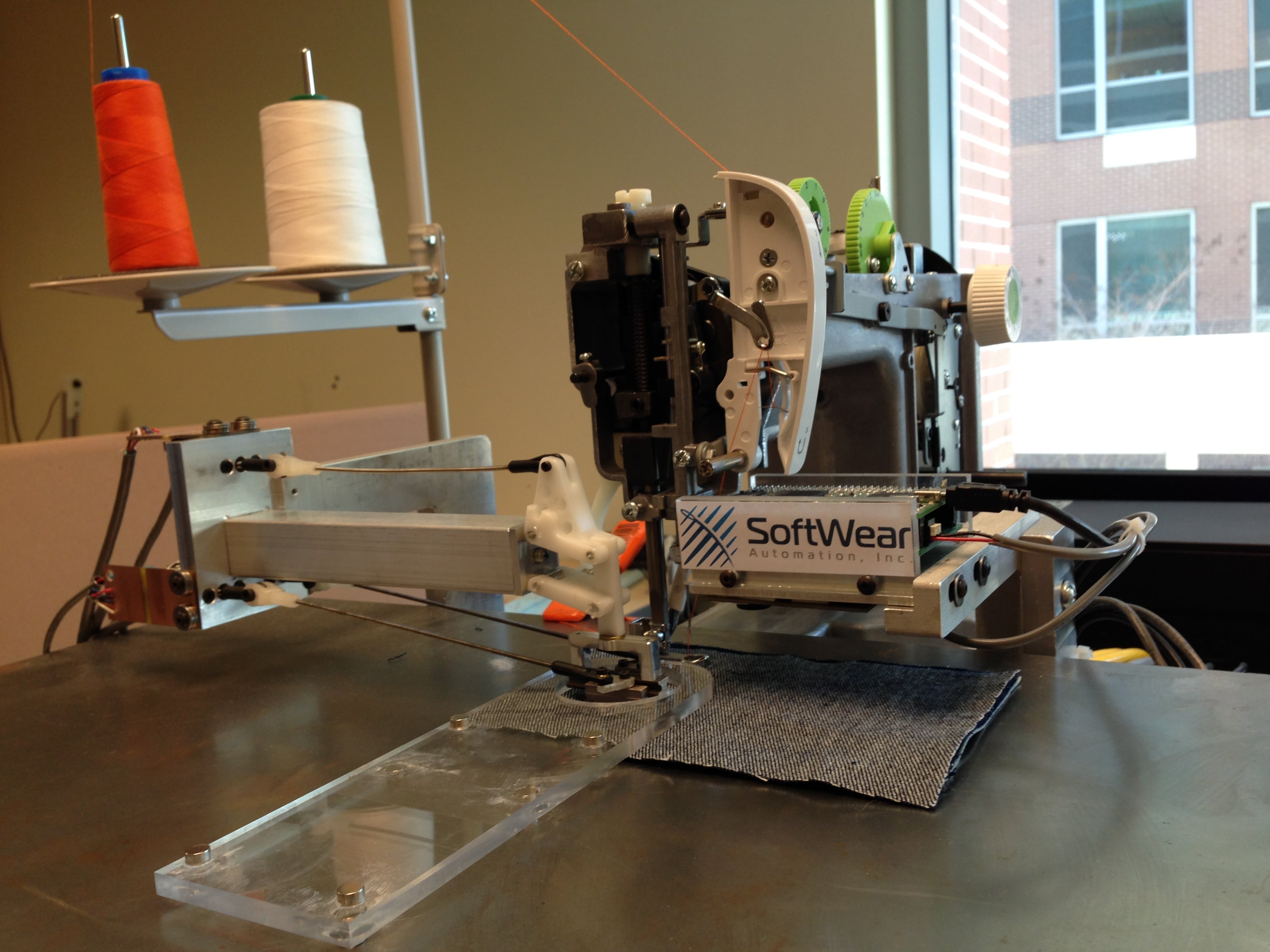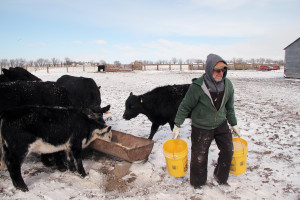Aug. 14, 2008
From lunchboxes and backpacks to baby cribs and toy figurines, a lengthy effort to make children’s products safer has finally cleared the final hurdles. New toy safety standards become law. Read more
Aug. 14, 2008
From lunchboxes and backpacks to baby cribs and toy figurines, a lengthy effort to make children’s products safer has finally cleared the final hurdles. New toy safety standards become law. Read more
KENTWOOD, Mich. (WZZM) – A toothbrush company that outsourced some of its manufacturing to China years ago is bringing work back to West Michigan. Read more
Guest post by Monica Gomez
America has always been known as the “land of opportunity.” But opportunity doesn’t knock unless you work hard for it. While tycoons and businessmen may have shaped the oil, steel, and auto industries, the reality is many of them came from humble beginnings, and worked alongside the skilled tradesmen they later employed before amassing their own wealth—a true testament to the power of the American dream. Read more
The SewBots have arrived and they are bringing manufacturing back to the United States. SoftWear Automation, in Atlanta Georgia, has developed robotic technology for the textile industry to automate sewing, significantly reducing manufacturing labor costs. The machines are surprisingly inexpensive and allow for greater precision, higher speed and much longer hours than the traditional seamstress can manage by hand.
 We first became aware of SoftWear thanks to Valerie Uhlir. Valerie serves as our Chief Marketing Officers, in addition to leading a boutique marketing agency based in Atlanta where she has worked with a large number of high-growth global brands over the past few years. She served as SoftWear’s head of marketing and PR from 2014 through the end of 2015, helping the company perfect their messaging leading to the wave of coverage including features by The Wall Street Journal, Fox News, The Economist, and many others. Given the company is based in the USA and could have such a large impact on American manufacturing, we’re happy to cover them.
We first became aware of SoftWear thanks to Valerie Uhlir. Valerie serves as our Chief Marketing Officers, in addition to leading a boutique marketing agency based in Atlanta where she has worked with a large number of high-growth global brands over the past few years. She served as SoftWear’s head of marketing and PR from 2014 through the end of 2015, helping the company perfect their messaging leading to the wave of coverage including features by The Wall Street Journal, Fox News, The Economist, and many others. Given the company is based in the USA and could have such a large impact on American manufacturing, we’re happy to cover them.
“Not only will this technology help manufacturers bring operations back to the United States with the reduction of labor costs, it will create higher paying technical jobs for American workers.”, said Valerie. Traditionally, manufacturing jobs are some of the least desirable roles that many individuals do not desire due to the repetition, poor work environments (hot warehouse, anyone?) and low wages. High turnover and an aging workforce have made it difficult for manufacturers to keep jobs here. Additionally, other nations do not have minimum wage restrictions and are willing to use underage labor due to less stringent regulations. All of these factors have created a void of manufacturing in the United States, SoftWear Automation would like to change that.
This month alone, the company is delivering several LOWRY systems to manufactures in the southeast United States. The future of sewn product manufacturing has officially arrived.
The U.S. has lost thousands of jobs in the past 10 years due to offshoring. In 1960, 95% of clothing sold in the USA was made here. Today, 98% of clothing purchased in the U.S. was made abroad. By implementing this technology, American manufacturing plants have several advantages:
Tailored clothing and details customized to an individual have long been expensive due to the additional time and costs to create customization. SoftWear technology eliminates that additional cost. Add this to online ordering and it is a recipe for low cost customization. For example, the software could make your jeans slightly smaller in the waist than the last pair of jeans in the same amount of time it would have made them anyway.
“Robotics are already taking over multiple industries, creating safer work environments and helping with some tough, dirty jobs. Textiles have been challenging to automate due to the pliable nature of fabric. SoftWear has created hardware that detects bunching and can fix creases before fabric is sewn, changing the game in fabric automation.“, said Valerie.
Walmart believes in bringing manufacturing back to the United States, but they also know that keeping prices low will be a challenge for their brands. Walmart invested a two million dollar grant to SoftWear Automation, through ATDC, to help bridge the gap and provide this technology to brands that want to bring their manufacturing home.
Sound exciting? We left out just one thing: this technology is for ALL SEWN products. Shoes, curtains, jackets, pants, carpet, towels, ties, hats, backpacks, blankets, bedding, car upholstery, handbags, hair ties, baby toys…
Watch the SoftWear LOWRY system work its magic here:
Connect with the friendly team @SoftWearInc on twitter to stay updated on how they continually disrupt the manufacturing industry.

In a recent study conducted by Consumer Reports, more than 60 percent of people interviewed claimed they would gladly shell out more money for American made products—even if those products cost an average of 10 percent more than products sourced internationally. Read more
When Maxine Bedat and Soraya Darabi set out to make a wool sweater entirely in the U.S., their first challenge was finding sheep. Read more
People are often surprised when I tell them that my company produces 100 percent of its products here in the United States. After all, my firm, WallMonkeys makes custom wall decals at a time when cheap vinyl stickers fill the aisles at Target and 99-cent stores. According to the prevailing wisdom, manufacturing domestically should put my company at a competitive disadvantage. Read more

You’ve probably seen, but may not have noticed, labels on the meat at your grocery store that say something like “Born, Raised, & Harvested in the U.S.A.” or “Born and Raised in Canada, Slaughtered in the U.S.”
Read moreThe U.S. economy is facing a predicament the Federal Reserve didn’t anticipate — a stronger than expected U.S. dollar. Investors are encouraged to Buy American. Read more
Rep. Mike Thompson announced that the U.S. Department of Defense has issued a rule to implement Thompson’s legislative provision requiring every American flag purchased by the Department of Defense to be 100 percent manufactured in the United States. Read more
Media: PR Department
Partnership: Marketing
Information: Customer Service
